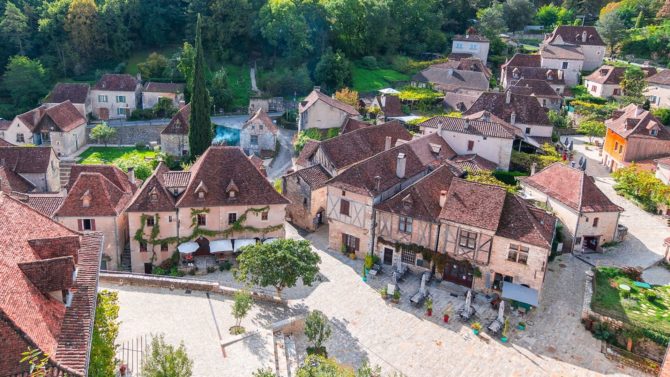French property market: Prices rise in the provinces during record year


It is shaping up to be another record year in the French housing market. More than 1.2m homes changed hands in the year up to August, compared to about a million homes in the year before the Covid pandemic.
The data comes from the Notaires de France, the network of public lawyers involved in all property transactions in the country.
Its latest figures suggest that the property market has been kept buoyant by government efforts to absorb the shock of Covid, combined with low interest rates and a pandemic-induced movement of people towards more spacious homes in outer suburbs, small towns and villages.
In the first six months of 2021 alone, house prices rose by 3.6% and by June, they were 7% up on the same period in 2020. This statistic includes apartments, but not newbuilds.
As we have previously reported, for the first time this year, it’s houses rather than apartments that are pushing up prices and it’s the provinces that are seeing the biggest growth whereas traditionally it has been big towns and cities. The average price of Parisian apartments has actually dipped slightly – something previously unheard of and seemingly linked to the desire of homeowners to have more space and/or to work remotely.
However, it’s too much to talk of an ‘urban exodus’, say the Notaires. “This lockdown-linked trend mainly concerns a very specific and limited demographic with the personal and professional resources to move out to smaller communes,” says the report. “On the other hand, it may also concern people who are no longer able to afford to live in big urban centres.”
Looking at France’s biggest cities and towns (and their suburbs), some have seen significantly more growth than others this year – notably Brest in Finistère, Toulon in Var, Nancy in Meurthe-et-Moselle and Chartres in Eure-et-Loir, which all saw price rises in double figures, specifically for houses. When it comes to apartments, it was Limoges in Haute-Vienne, Clermont Ferrand in Puy-de-Dôme, Bayonne in Pyrénées-Atlantiques, Rouen in Seine-Maritime and Rennes in Ille-et-Vilaine that led the pack.
By contrast, Paris, Amiens, Nice and Mulhouse saw little if not negative growth in apartment prices. And for housing, Metz and Châteauroux performed particularly poorly.
“The health crisis has galvanised many would-be buyers by refocusing them on their core needs, which explains the strong resilience of the property market,” say the Notaires. However, they say it is possible that the record 1.2m transactions that took place in the year up to August may reflect people rushing to move home faster than they would otherwise have done – not a ‘new normal’ – and that in the years to come the market may settle back down to its pre-pandemic levels of about a million homes sold a year.
Share to: Facebook Twitter LinkedIn Email


